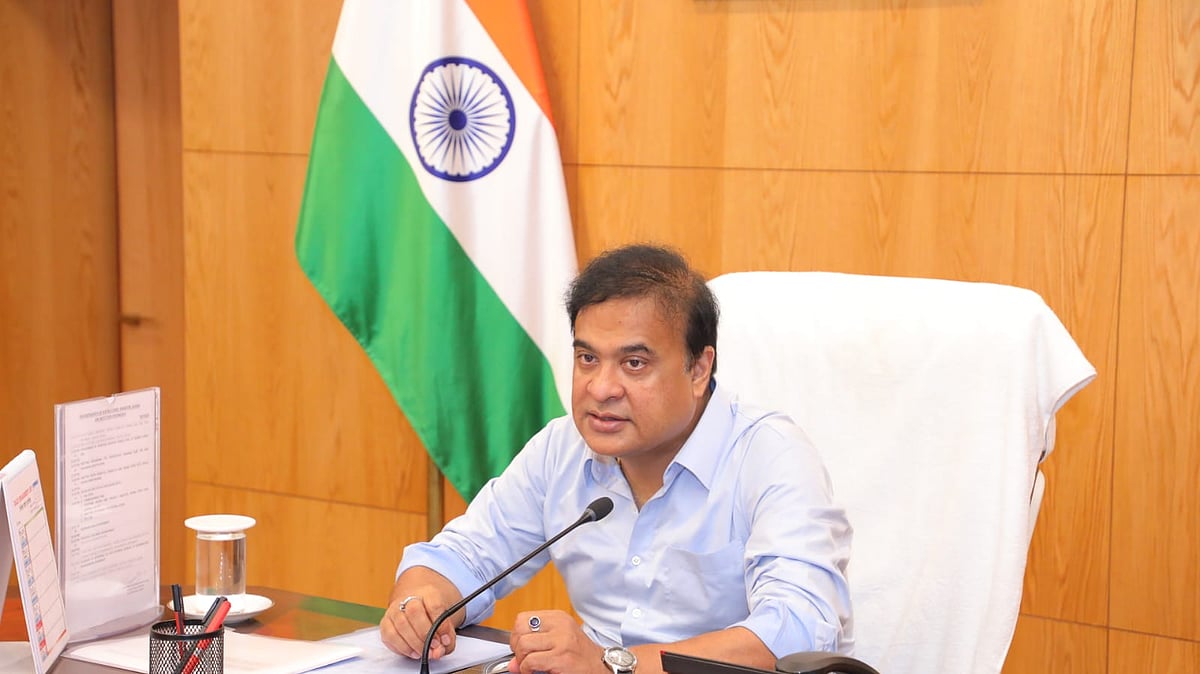Nation
Assam: Ahead of Nellie massacre report, prominent voices warn against politicisation
Public figures say the Tewary Commission findings should not be selectively used for political gain and stress that unresolved issues from the Assam Agitation still require attention

As the Assam government prepares to place copies of the Tewary Commission Report on the 1983 Nellie massacre in the Assembly later this week, several prominent citizens on Sunday urged the state not to politicise its findings and instead prioritise long-standing concerns over illegal migration.
The comments were made during a discussion organised by the digital media platform The Crosscurrent, which obtained the report through the Right to Information Act. Panellists noted that the commission did not attribute a communal character to the events of 1983 and recorded many incidents as sporadic, rather than part of a single organised pattern.
The Commission of Enquiry on Assam Disturbances 1983, headed by retired IAS officer T.P. Tewary, was constituted on 14 July 1983 to investigate the violence that year. The report was first submitted to the Congress government in May 1984 and later tabled in the Assembly by the Asom Gana Parishad government in 1987.
The current BJP-led government, of which the AGP is a partner, has decided to circulate hard and soft copies of the report during the upcoming session, though Chief Minister Himanta Biswa Sarma has said the House will not discuss it.
According to figures cited by The Crosscurrent, the report lists 8,019 incidents in 1983, resulting in 2,072 deaths. It records that 2,26,951 people were rendered homeless and 2,48,292 displaced to relief camps.
Published: undefined
Speaking at the event, former Arunachal Pradesh Governor Jyoti Prasad Rajkhowa said the government at the time should have constituted a judicial commission rather than assigning the inquiry to a chief secretary-level officer from outside Assam. He questioned how widespread violence occurred while the state was under President’s rule and said public release of the report 40 years ago might have helped address some of the underlying issues.
Senior advocate Santanu Barthakur said the background to the Tewary Commission was the issue of illegal immigration. He warned that selective discussion of the report could provoke a serious adverse reaction and urged the state to address people’s concerns, suggesting that implementation of the recommendations under Clause 6 of the Assam Accord could help build trust.
Published: undefined
Follow us on: Facebook, Twitter, Google News, Instagram
Join our official telegram channel (@nationalherald) and stay updated with the latest headlines
Published: undefined